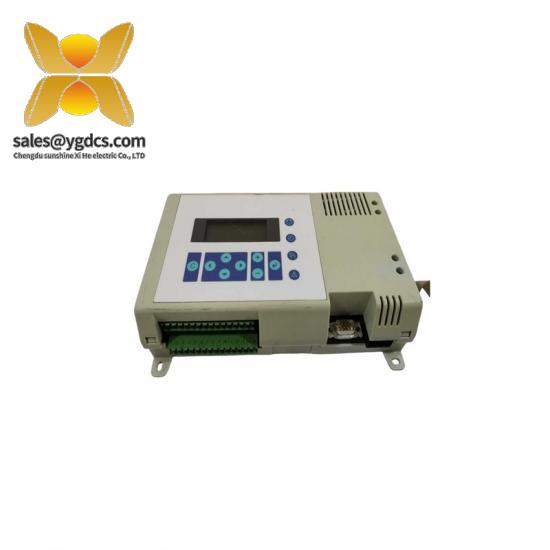Honeywell D-71101/XL50 Industrial Controller
The Honeywell D-71101/XL50 Industrial Controller offers precise and reliable control solutions for complex industrial processes, ensuring optimal performance in various manufacturing environments.
Email:18005021035@163.com
Phone:+86 18005021035
Name:BeiLin
Content details
Process Control Type:Digital
Control Method:PID
Operating Temperature Range:-40°C to +85°C
Power Supply Voltage:85-264 VAC
Communication Protocol:Modbus TCP/IP, DeviceNet
Display Type:Backlit LCD
Storage Capacity:16 MB Flash, 8 MB RAM
Environmental Protection:IP65 Rated
Dimensions (WxHxD):105 x 87 x 265 mm
The Honeywell D-71101/XL50 Controller is engineered with advanced microprocessors and sophisticated algorithms to deliver precise control and monitoring of industrial processes. Its compact yet robust design makes it ideal for space-constrained environments, ensuring reliability and durability in challenging conditions.
With its intuitive touchscreen interface, users can easily navigate through the controller’s functions and customize settings according to specific needs. The controller supports multiple communication protocols, enabling seamless integration with existing systems and facilitating easy data exchange.
Featuring a wide operating temperature range, this controller is suitable for a variety of industrial applications, from chemical processing to manufacturing lines, where stable and accurate control is essential. It ensures optimal performance across different environmental conditions without compromising on functionality or safety.
Equipped with ample storage capacity, the Honeywell D-71101/XL50 Controller can handle large amounts of data, supporting comprehensive monitoring and analysis of process parameters. This feature is particularly beneficial for predictive maintenance, allowing operators to anticipate and address potential issues before they impact production.
In terms of power consumption, the controller operates efficiently, minimizing energy usage while maintaining high performance standards. This not only reduces operational costs but also aligns with sustainable practices, contributing to an eco-friendly industrial environment.




